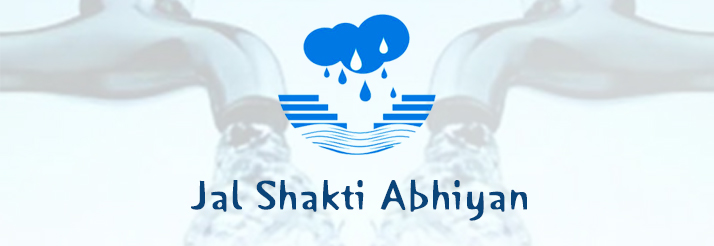On 1st July, Prime Minister Narendra Modi begun conversations on a new topic i.e. SAVE WATER! This is because one of the premier states Chennai is almost out of groundwater reserves.
As per a study from NITI Aayog, India will be out of water reserves within the next 10 years. Few states will be struggling as demand will outgrow supply. Hence now is the right time to save before it is too late.
On his radio program our PM asked every Indian to pledge towards “Jal Shakti Abhiyan” and ensure we do our bit in saving water which is one of the most important essential for every living person.
The Central Groundwater Board is slated to levy a water conservation fee for groundwater usage by residential complexes, industry and even for agricultural consumption all over India.
What will happen of this water fee?
This small water fee collected by everyone will add-up into a huge amount. These total fees collected would then be deposited in a central depository account and will later be used to fund groundwater recharge projects by the Central groundwater authority or the concerned state department.
What is the way forward for Jal Shakti Abhiyan?
Currently, we do not have any full proof mechanism which will help in sustainable groundwater extraction.
For India, the need of the hour is that we make clear arrangements with government departments, research institutes, local self-government bodies, industrial units, civil society organizations and also with the local community.
With everyone on board with saving water, we can raise our groundwater levels.
Did you know?
- Groundwater provides 80% of India’s drinking water needs and also meets nearly two-thirds of our irrigation.
- In the last 40 years, about 84% of the total addition to irrigation has come from groundwater. This clearly needs to be reversed soon.
Please Note – Facts have been taken from Economic Times










